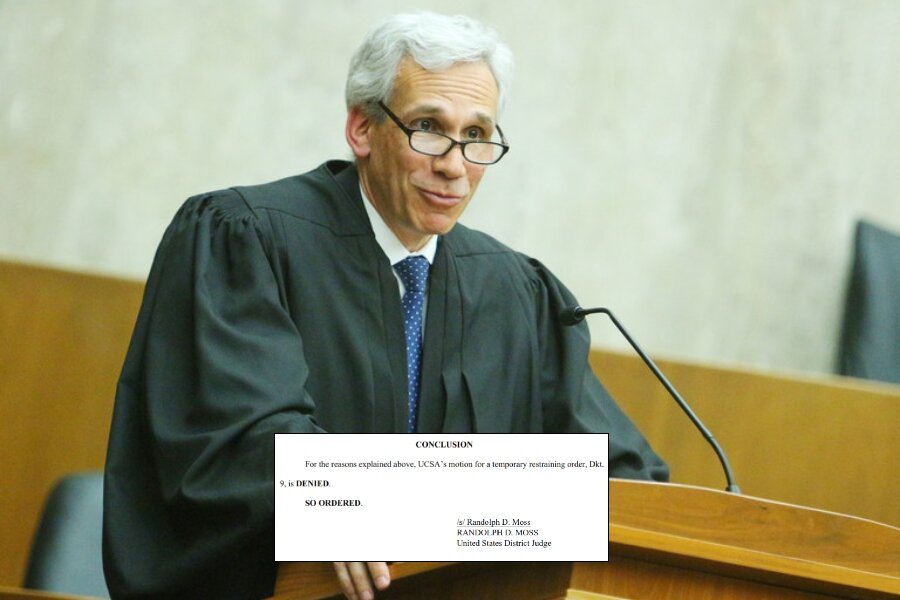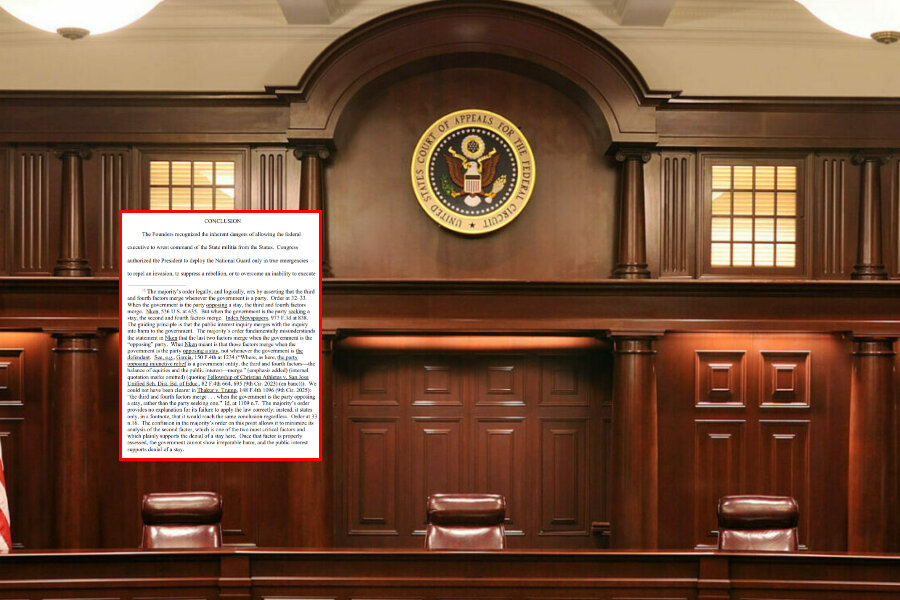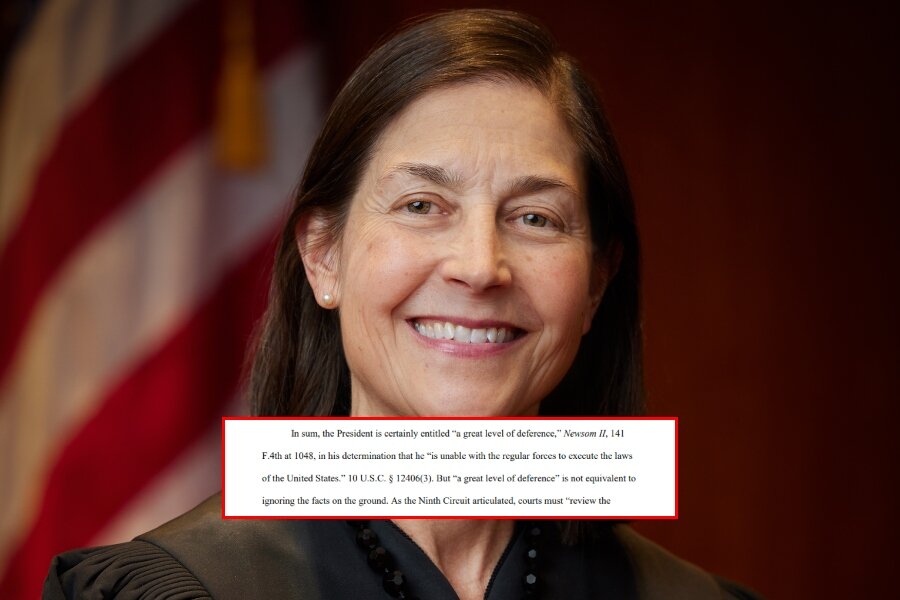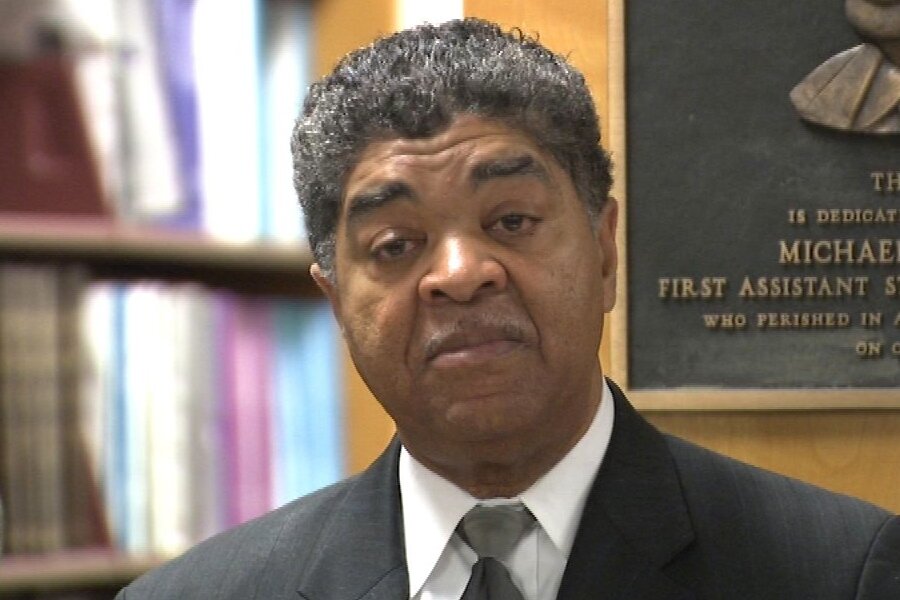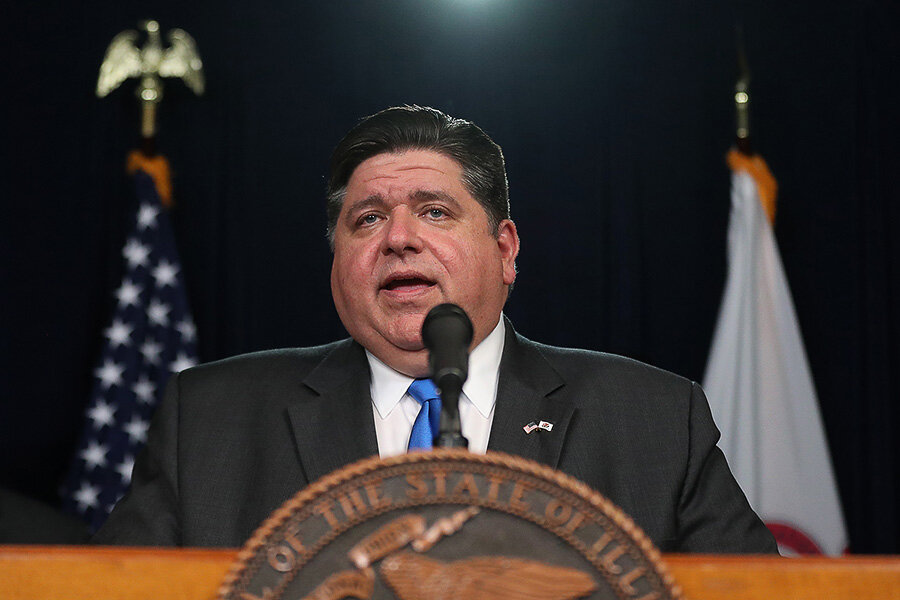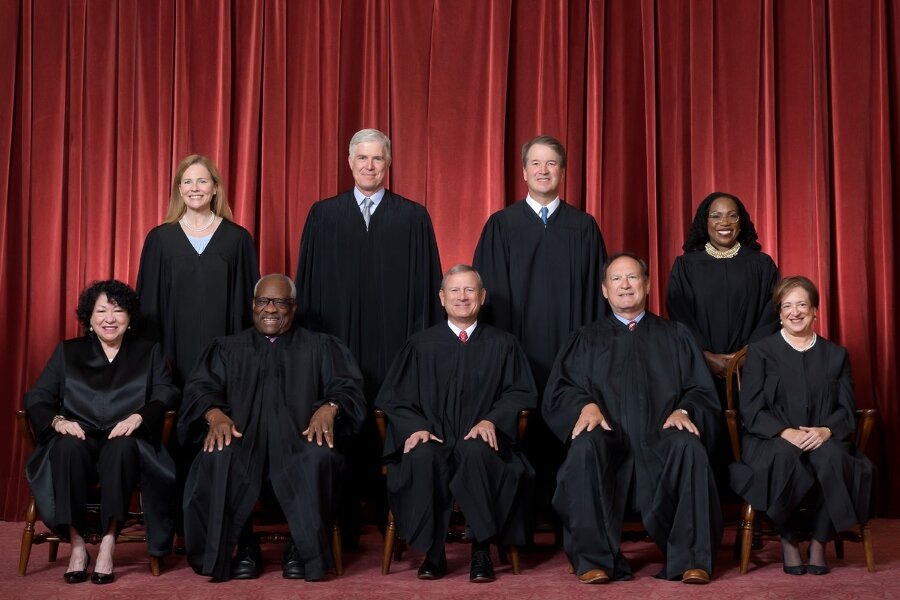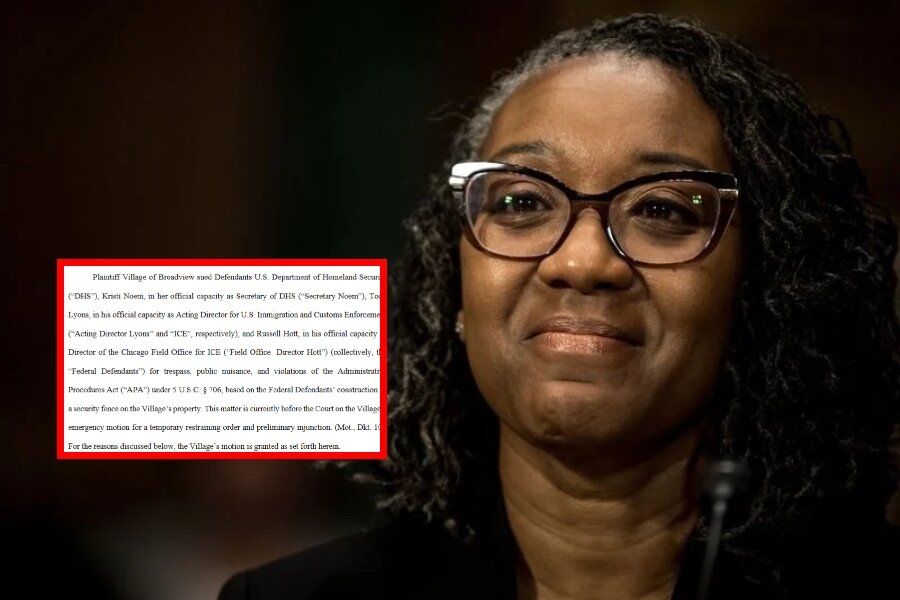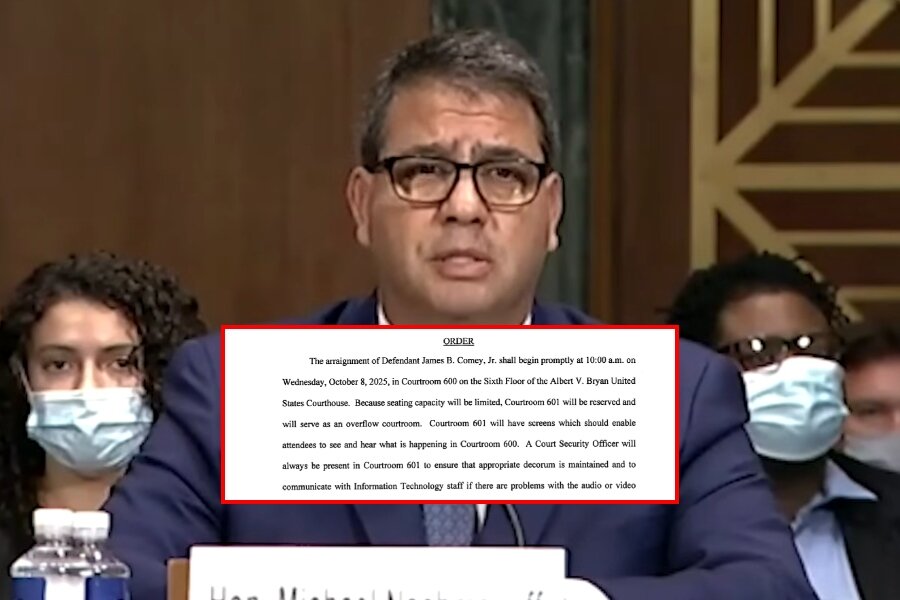A federal judge declined to block the Department of Government Efficiency (DOGE) from accessing the Department of Education’s student financial aid data on Feb. 17.
The ruling stems from a lawsuit brought by the University of California Students Association (USCA) against the Education Department and its acting secretary, Denise Carter.
The suit alleged that DOGE, in seeking to access the Education Department’s records, will have access to the students’ personal information, including social security numbers, as well as detailed financial data of their parents.
U.S. District Judge Randolph Moss ruled that the plaintiffs had not shown sufficient irreparable harm to warrant emergency injunctive relief.
“Because the Court concludes that UCSA has failed to clear that essential hurdle, the Court’s analysis also ends there,” the judge wrote.
“The Court leaves for another day consideration of whether USCA has standing to sue and has stated a claim upon which relief may be granted. Those questions are less clear cut and are better answered on a more complete record.”
The USCA suit alleged that DOGE’s actions in accessing the department’s records would violate federal regulations, including the Privacy Act of 1974, which prohibits the department from sharing this data with a third party.
“Plaintiff UCSA’s members are among the 42 million federal student loan borrowers who have provided sensitive personal information to [the Education Department] in order to obtain a federal student loan,” the plaintiffs’ complaint stated.
“These are people who trusted [the department] with their sensitive personal information” when filing for student loans and grants, the complaint stated.
One UCSA student, remaining anonymous because of her family’s immigration status, submitted a supplemental declaration saying that DOGE accessing her records had given her anxiety and was causing her to reconsider her application for graduate school.
The department responded that the lawsuit is without merit, and raises “separation of powers concerns by impermissibly intruding into the President’s superintendence of the Department of Education.”
“There is no violation of the Privacy Act when employees of an agency, like the six individuals at issue here, access agency systems to perform their job duties,” the response stated.
Share your thoughts by scrolling down to leave a comment.

